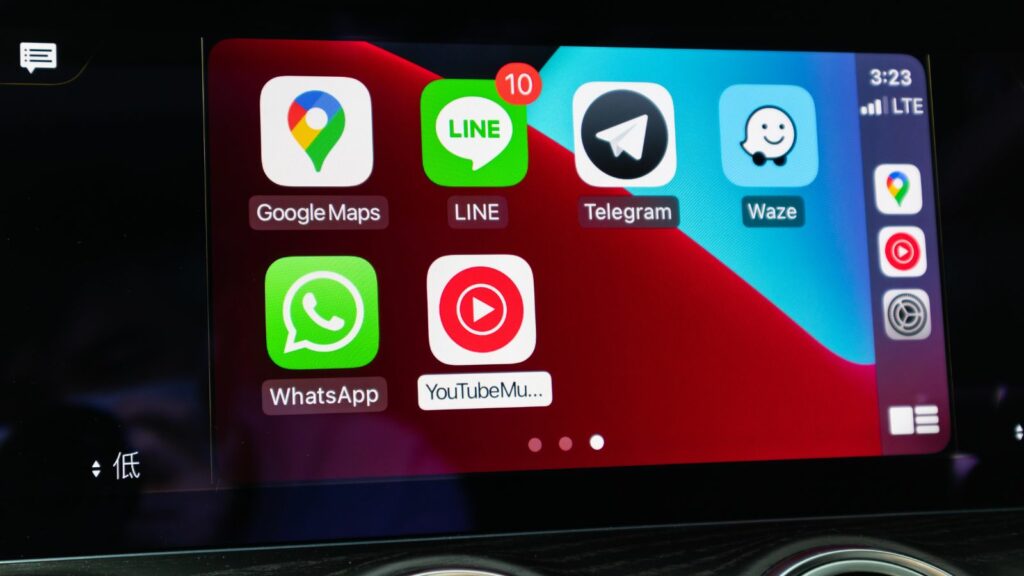Apple has built its reputation on disrupting industries, and its latest move is aimed squarely at the automotive world. CarPlay Ultra is the company’s most ambitious attempt yet to take over the in car experience. Unlike the current version of CarPlay that simply mirrors iPhone apps onto a central display, CarPlay Ultra extends its reach across every digital surface inside the vehicle. It wants to run the infotainment screen, the instrument cluster, the climate controls, and everything in between. To Apple fans, this sounds like a dream. To automakers, it looks like handing over their identity to a tech giant. This is why many car companies are backing away from CarPlay Ultra, despite its consumer appeal.
Apple Wants to Own the Dashboard
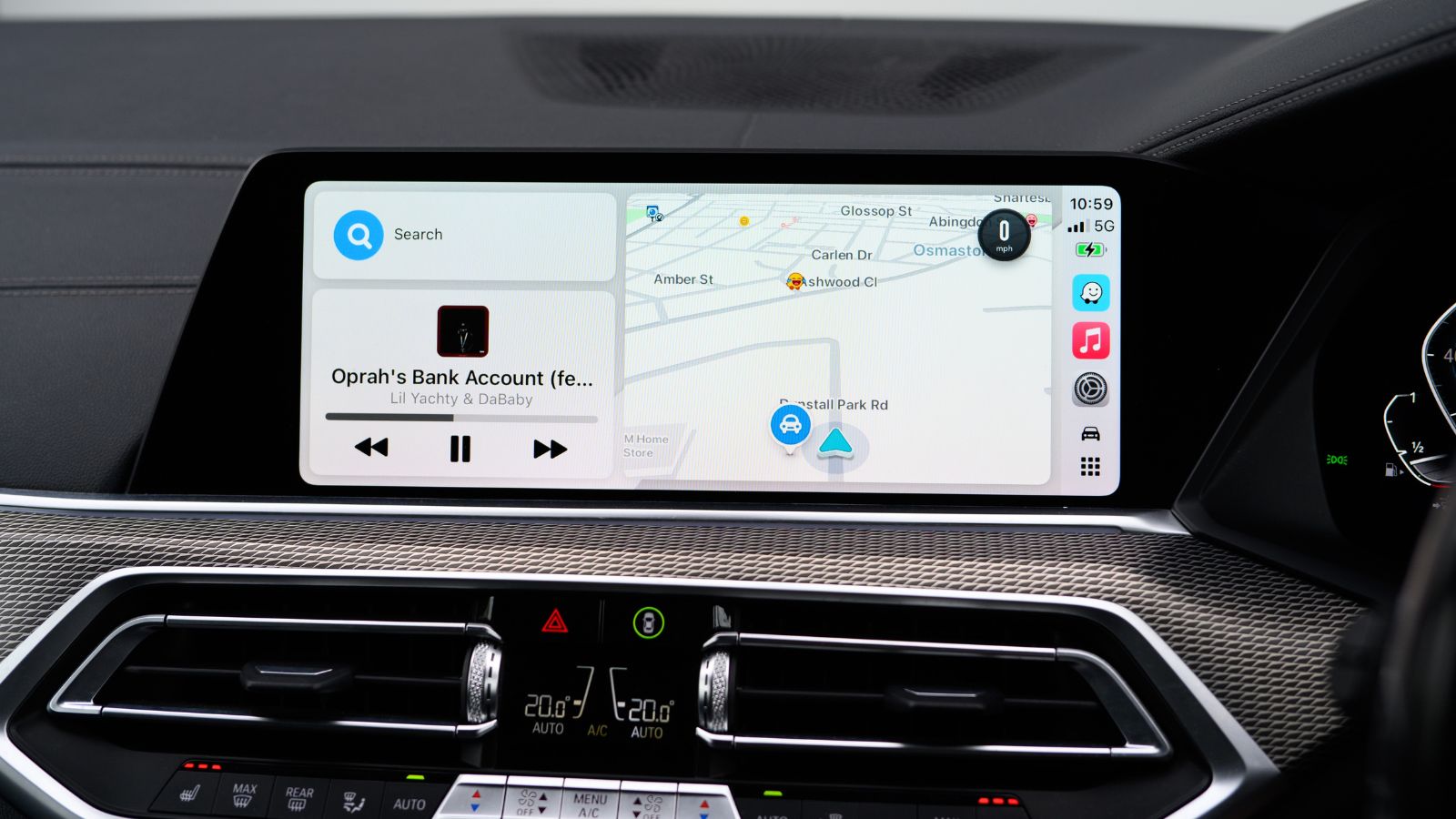
CarPlay Ultra is not just about entertainment apps anymore. It replaces every digital function of a car with Apple’s software, from the gauges behind the wheel to the temperature controls. That means when you sit inside a vehicle, what you see is Apple’s design and not the automaker’s. This uniformity may please customers who love their iPhones, but it strips away what makes each car brand distinct. For automakers that have spent decades building brand character into their cabins, this feels like a complete takeover.
Automakers Fear Losing Their Identity
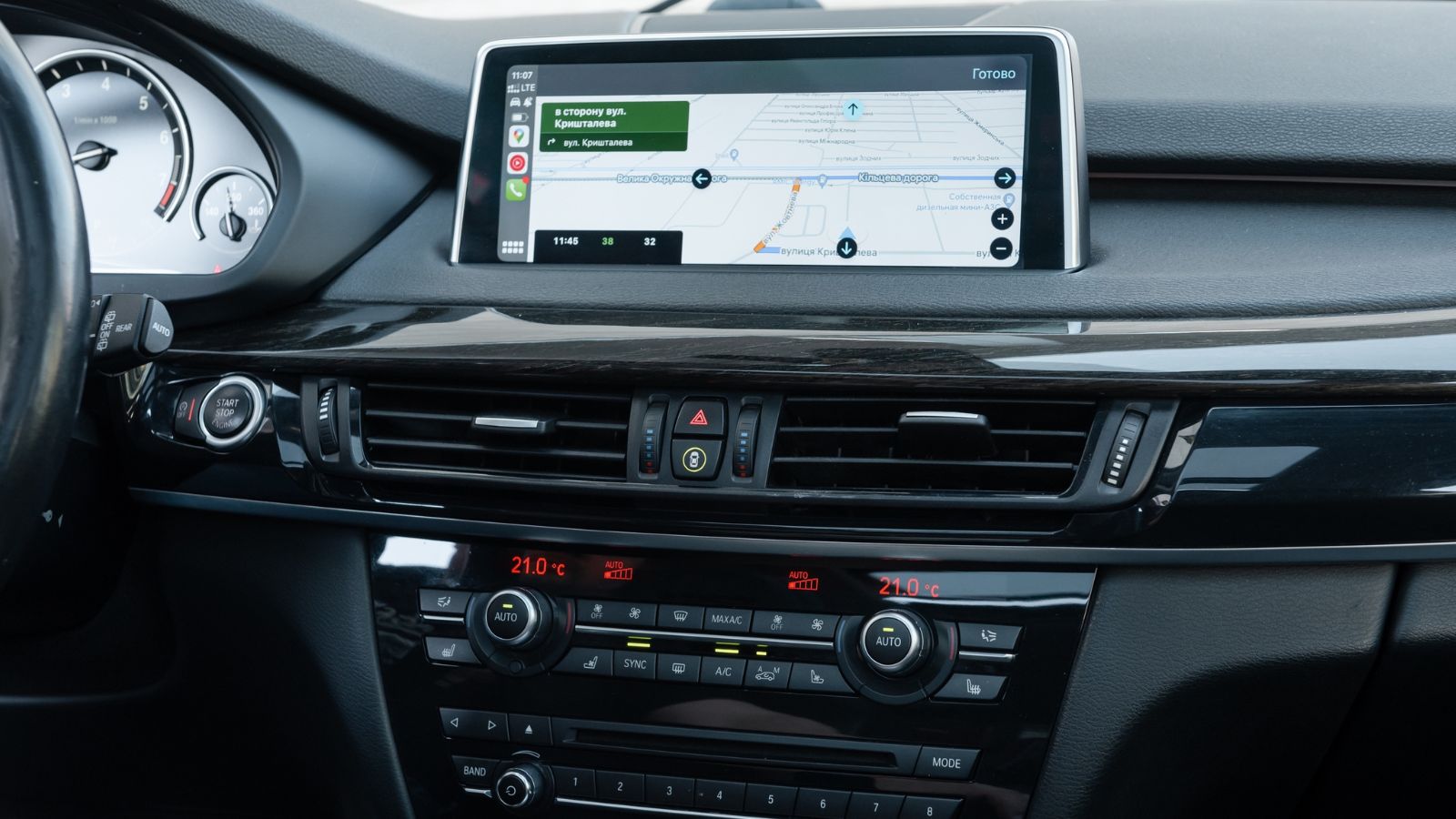
Carmakers like BMW, Mercedes, and Audi invest enormous resources into their digital interfaces because they see them as extensions of their brands. A BMW digital cockpit is designed to highlight performance. A Mercedes interface emphasizes luxury and elegance. A Tesla screen pushes tech forward minimalism. If CarPlay Ultra takes over, every car risks looking and feeling like an Apple device, no matter who built it. Automakers worry that buyers will no longer connect emotionally with their brand but only with Apple’s software.
Data Is the Real Prize

The biggest factor is not aesthetics but data. With CarPlay Ultra in control, Apple would funnel massive amounts of information through its ecosystem. Driving routes, charging habits, music preferences, and even safety data would be collected by Apple rather than the automaker. This is valuable information that companies rely on to design new models, improve systems, and generate revenue. Automakers want to own that data, not hand it over to Apple. In their eyes, CarPlay Ultra is less about convenience for drivers and more about Apple inserting itself as the gatekeeper of automotive data.
Safety or Marketing Strategy
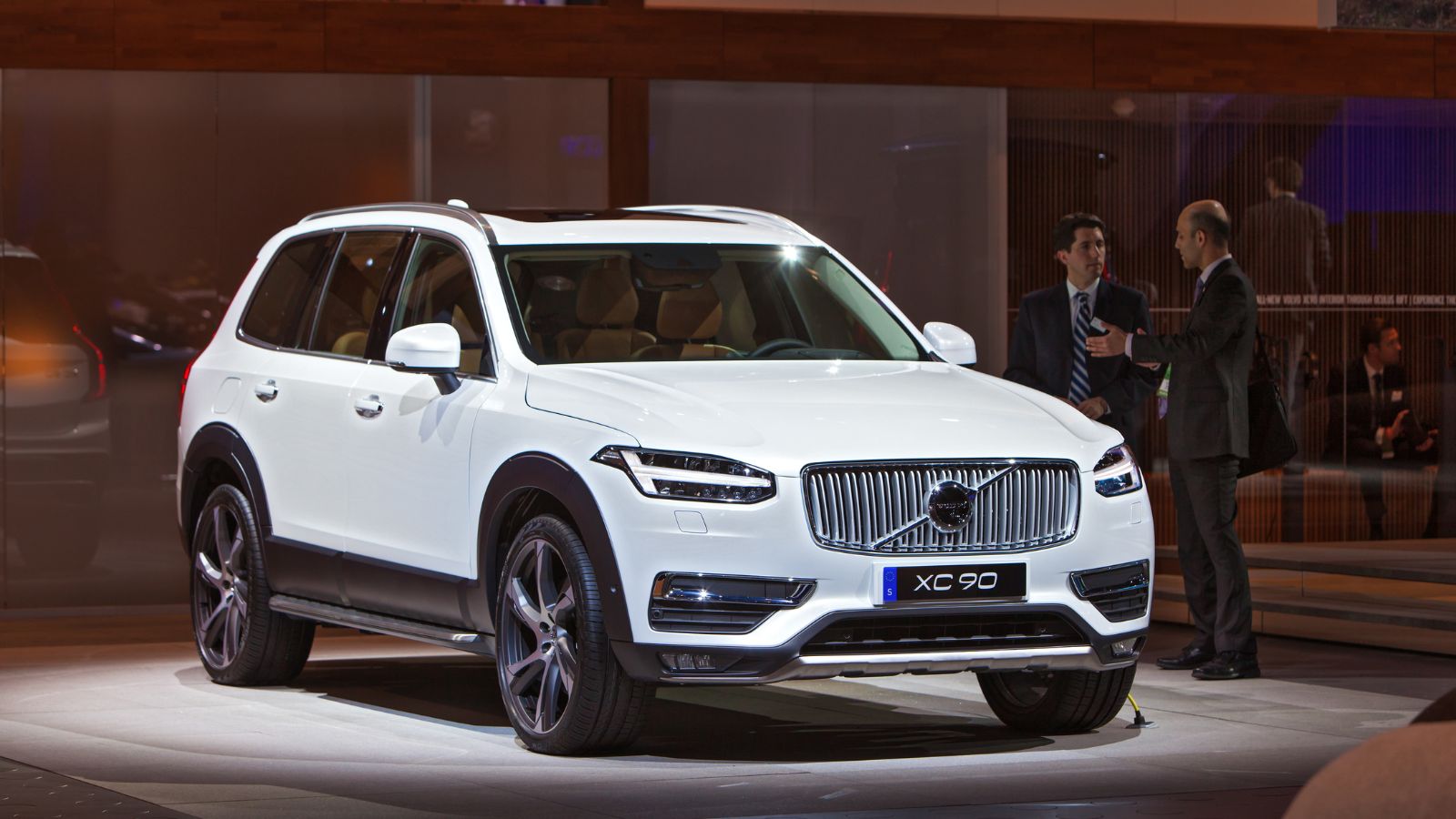
Apple argues that CarPlay Ultra makes driving safer by reducing distraction. The idea is that if every car looks and behaves like an iPhone, drivers will spend less time fumbling with controls. But automakers see this as a slick marketing pitch. Familiarity might reduce distraction for Apple users, but it also forces drivers to rely entirely on Apple’s ecosystem. Automakers lose control over how safety features are integrated and tested with their own hardware. What Apple calls safety, manufacturers view as surrender.
The Subscription Dilemma

Automakers have been increasingly leaning on subscription services as a new source of income. Features like advanced navigation, heated seat access, and premium connectivity are often locked behind monthly fees. If CarPlay Ultra controls the system, Apple could sell these services directly through its App Store and take a cut of every sale. That would reduce the automaker’s ability to profit from its own features. It also shifts customer loyalty toward Apple instead of the brand that built the car.
Tesla Showed Why Control Matters

Tesla has proven that owning the digital interface is just as critical as designing engines or batteries. The Tesla experience is defined by its central screen and over the air updates that constantly refresh the car. This keeps customers loyal to Tesla, not a third party software provider. Other automakers want to follow the same path by keeping their infotainment systems in house. Allowing CarPlay Ultra to take over would undermine those efforts and turn their cars into hardware shells for Apple software.
Real World Pushback
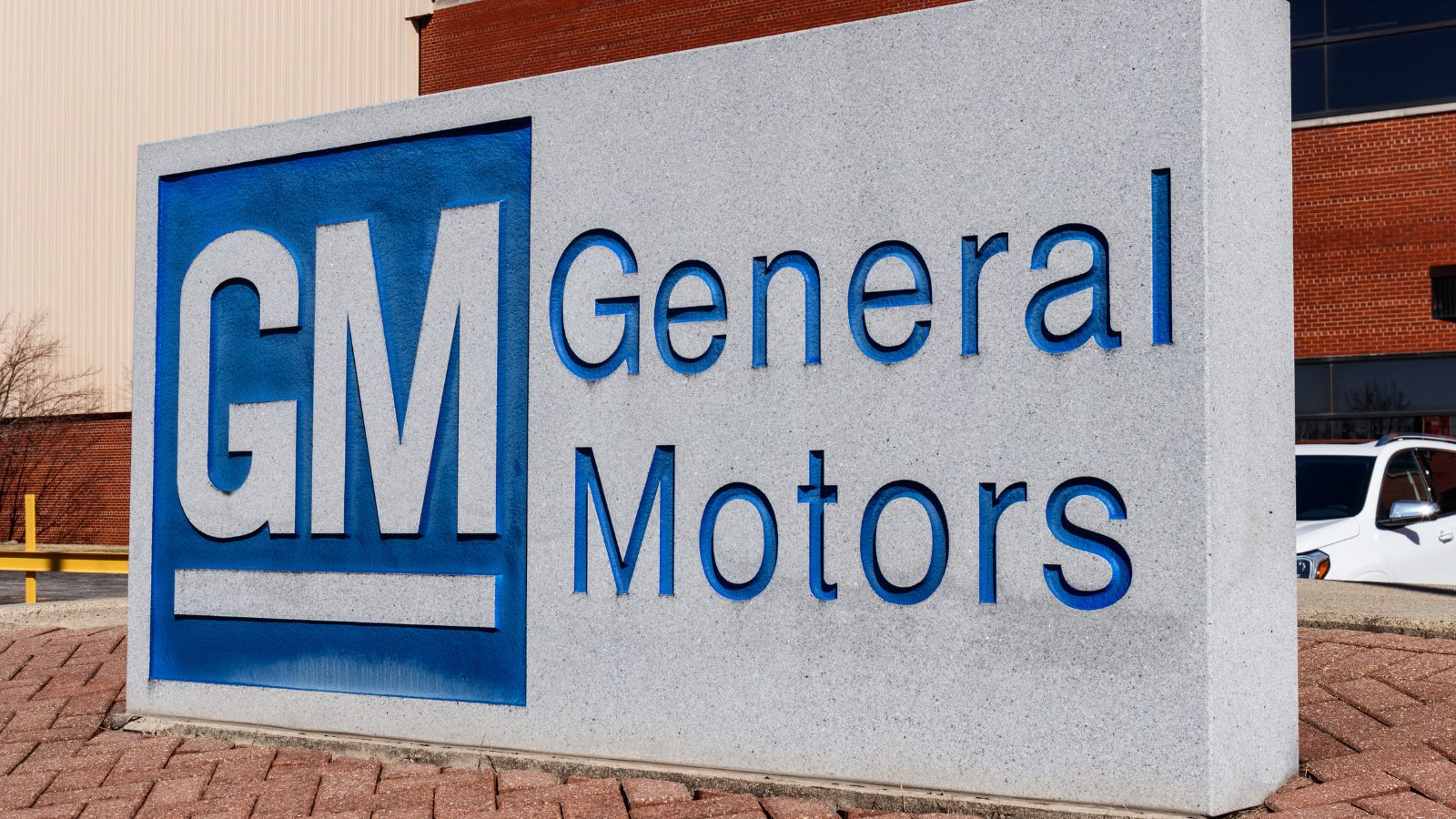
Some automakers are already taking a stand. General Motors recently announced it will phase out Apple CarPlay and Android Auto from its entire lineup in favor of its own Google powered interface. The company insists that doing so allows better integration with EV systems and advanced safety technology. Ford, Toyota, and others have expressed concerns about ceding too much control to Apple. While many brands continue to offer regular CarPlay because customers demand it, there is clear resistance to Apple’s push for total dashboard control.
How Drivers Might React
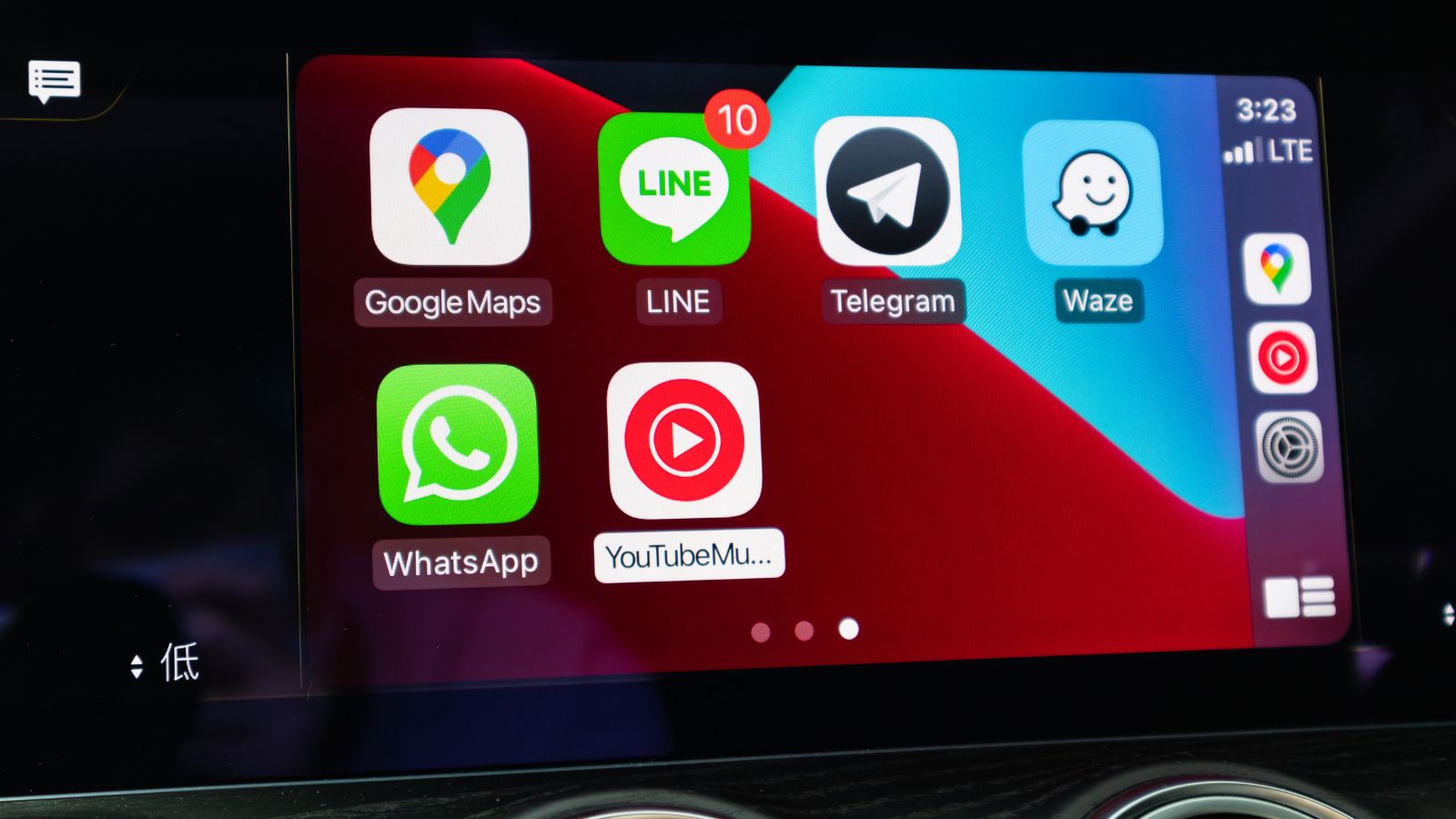
For many buyers, Apple CarPlay is a non negotiable feature. Surveys show that drivers rank it as one of the top reasons they choose a vehicle. Removing it entirely or forcing them into CarPlay Ultra could cause backlash. While tech savvy Apple fans may love the idea of full integration, others worry about being locked into one ecosystem. Android users are left out entirely, and those who prefer traditional controls may not want Apple dictating how their car works. Automakers are gambling that protecting their identity and revenue streams is worth the risk of angering some consumers.
The Battle for the Dashboard
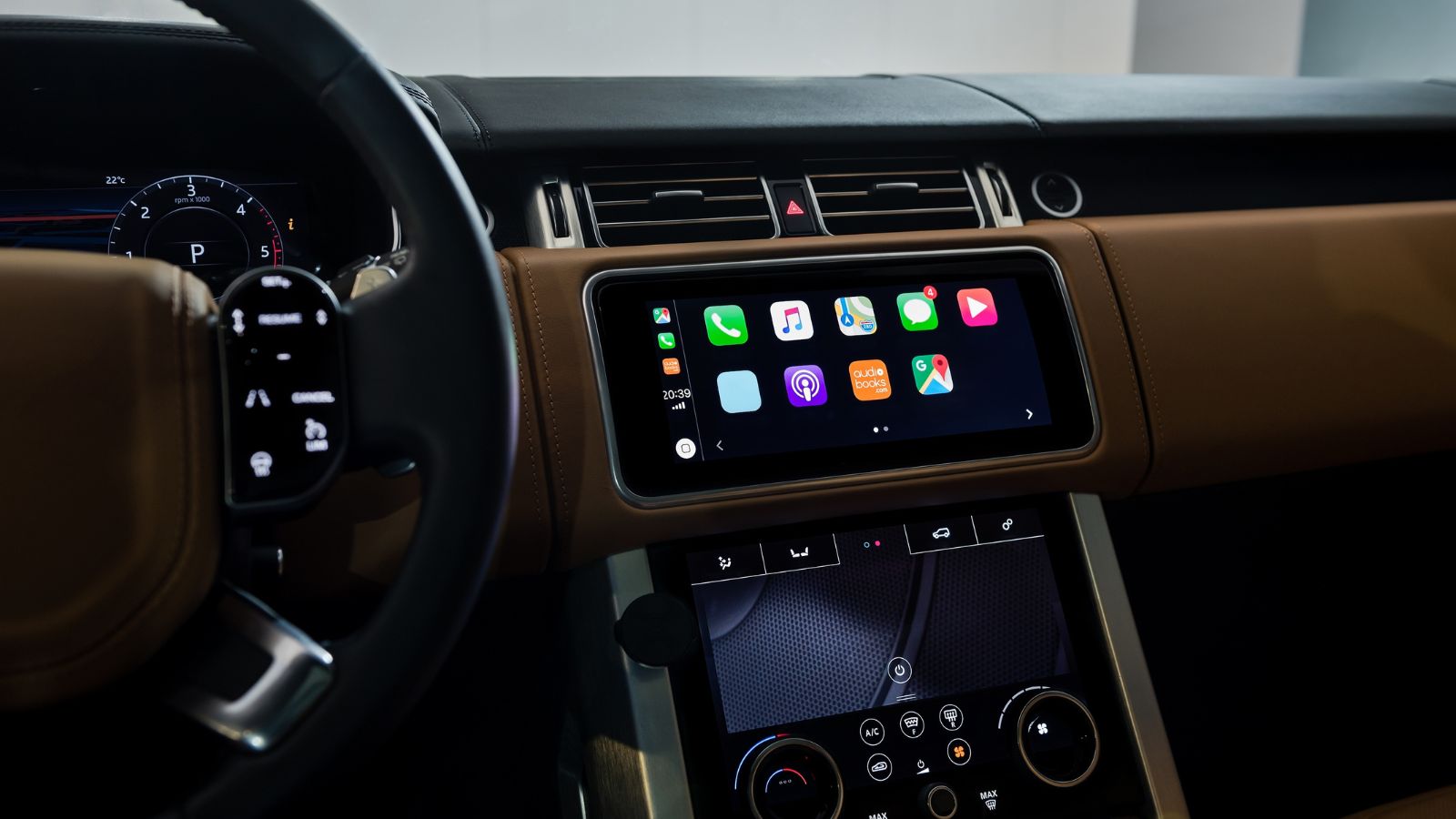
At the heart of this standoff is a simple truth: the dashboard has become the new battlefield. It is not just about how a car drives anymore but how it looks, feels, and connects. Automakers want to be tech companies in their own right. Apple wants to extend its dominance into yet another space. CarPlay Ultra could make cars feel like rolling iPhones, but automakers are not willing to give up control of their future.
The Branding
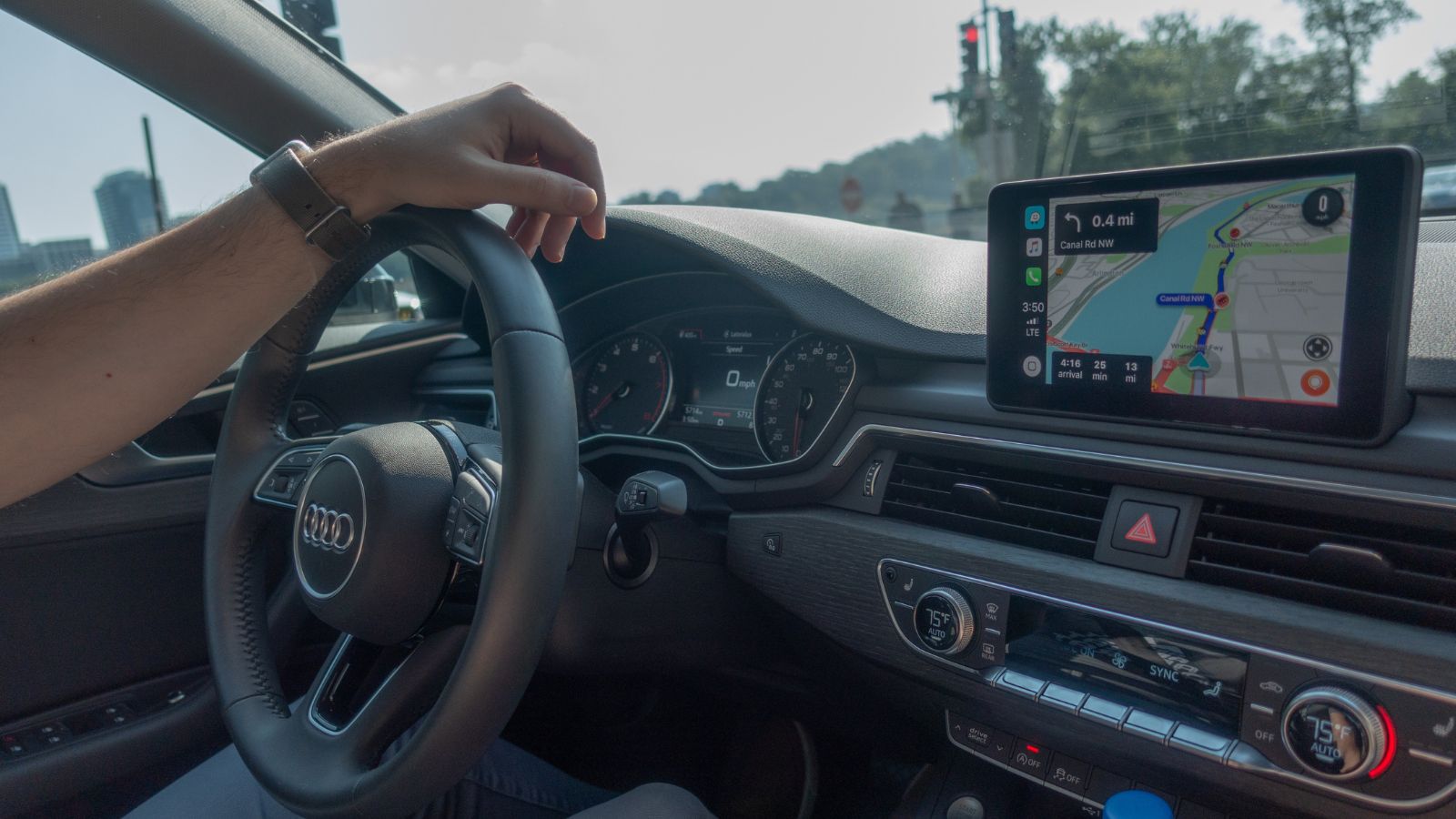
CarPlay Ultra may sound revolutionary to Apple fans, but to automakers it represents a loss of brand identity, control of customer data, and the ability to profit from their own cars. Companies like GM are already stepping away from Apple’s ecosystem to protect their interests. Unless Apple finds a way to compromise, CarPlay Ultra could end up being a feature that automakers resist, no matter how badly consumers think they want it. For the auto industry, this is not just about software. It is about who owns the car experience Apple or the automaker.
25 Facts About Car Loans That Most Drivers Don’t Realize

Car loans are one of the most common ways people fund car purchases. Like any other kind of loan, car loans can have certain features that can be regarded as an advantage or a disadvantage to the borrower. Understanding all essential facts about car loans and how they work to ensure that you get the best deal for your financial situation is essential. Here are 25 shocking facts about car loans that most drivers don’t realize:
25 Facts About Car Loans That Most Drivers Don’t Realize
